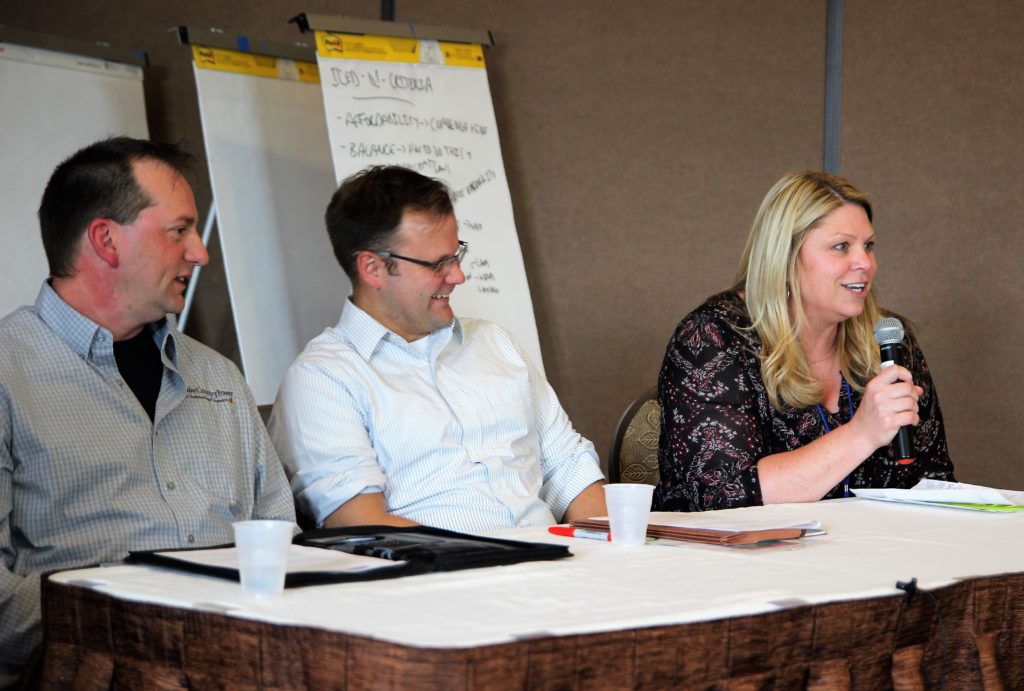Changes in weather and climate, like higher temperatures and more rainfall, are already straining state, local, and tribal governments across the country. Institutions and systems responsible for emergency management, energy distribution, transportation, infrastructure, public health, and more are struggling to adapt. Rural communities in particular are often limited by available public resources to respond now and plan for the future.
Yet rural communities play an outsized role in supporting the entire country, especially as we confront climate and weather challenges. Seventy-two percent of land in the United States is classified as rural. These areas are our nation’s primary source for affordable food, energy, water, and more. Rural residents are essential to the development of smart, effective, and sustainable climate policy. Meanwhile, the development of these policies frequently overlooks the innovation and leadership capacity of rural communities. If we are to effectively respond to extreme weather and the changing climate, residents of both urban and rural communities must have the information and opportunity to act.
The Rural Dialogues model offers a creative, resource-sensitive approach for bringing a community together to learn, plan, and act. See how the Dialogues shaped policy and community action.
The Rural Dialogues were led by the Jefferson Center and the Institute for Agriculture and Trade Policy from 2013-2020. Funding for this effort was provided by the McKnight Foundation, the Bush Foundation, the Carolyn Foundation, and private donors.



